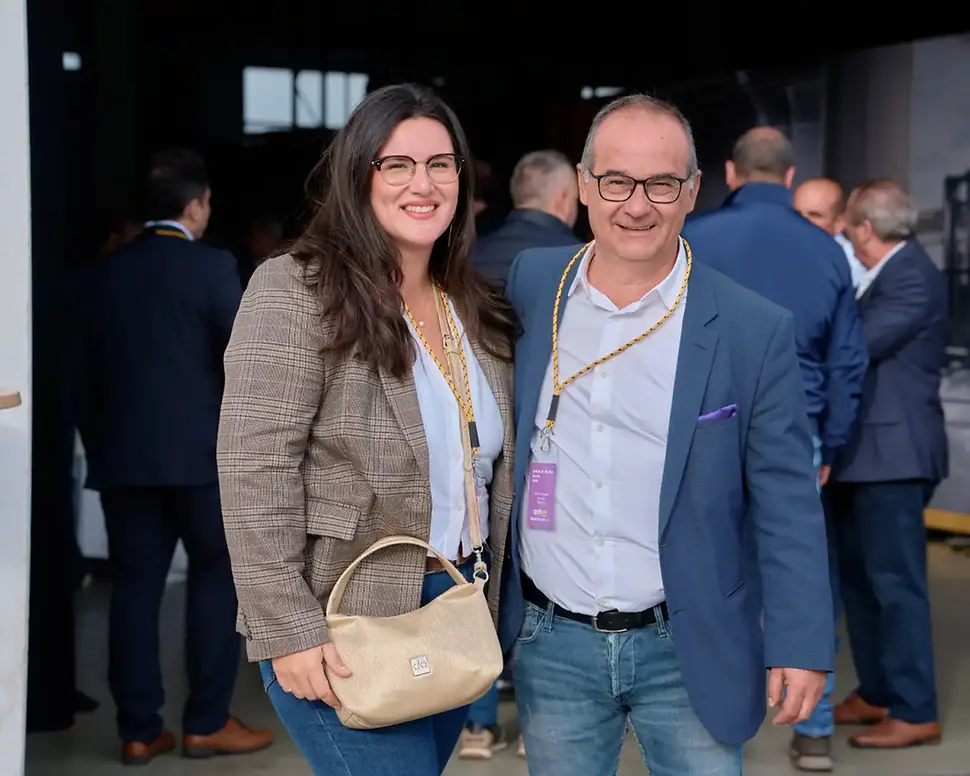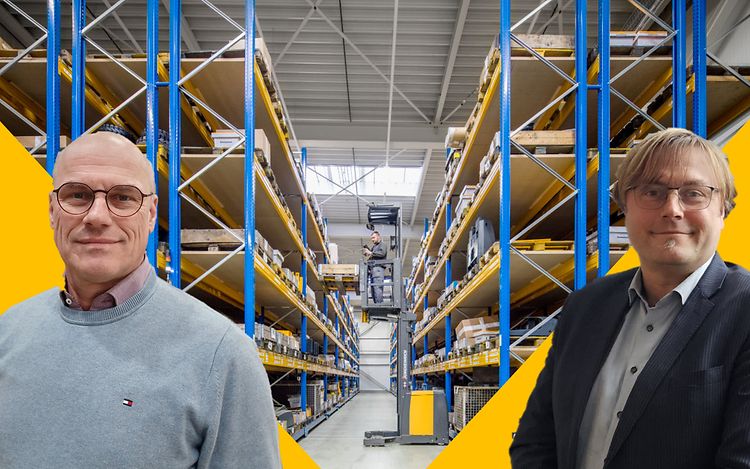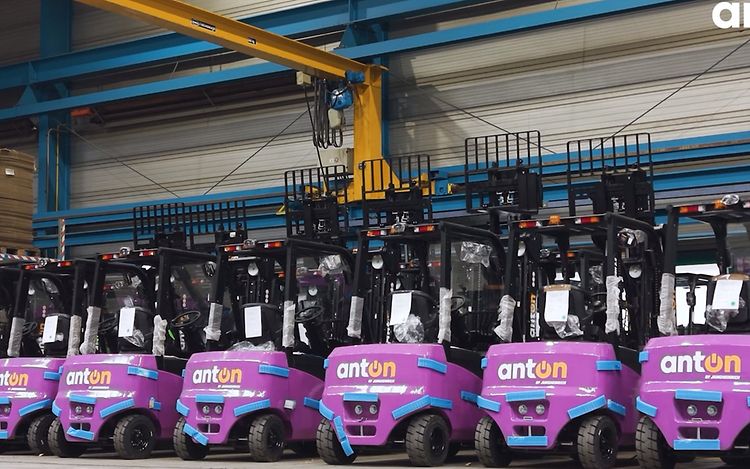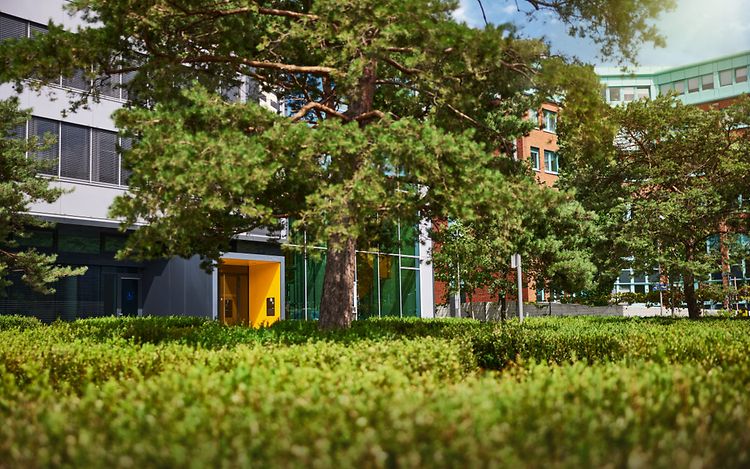Sometimes all it takes is one person who listens, who encourages, who shares their experiences — and suddenly new paths open up. That is exactly what our mentoring program is about: connecting people who want to learn from each other and grow together. Whether at the beginning of a professional journey or right in the middle of it — mentoring creates space for personal development, honest exchange and mutual inspiration. An example of how rewarding mentoring can be is shown by the tandem of Carmen Paloma Bajona Huatuco, Marketing Specialist at Jungheinrich and Pedro Fernandez Lancho, Director Northern Region Spain at Jungheinrich.
When her managers suggests that Carmen should take part in the mentoring programme, she is immediately enthusiastic – and is assigned to Pedro, an experienced mentor. As Director for the Northern Region of Spain, he brings sales experience to the table. This expertise is valuable in itself for marketing specialist Carmen. But a mentoring programme is not just about cross-departmental collaboration. It is also about reflecting on daily challenges in a trusting environment, exchanging knowledge and experience across generations, and shaping one's own professional development. In this interview, Carmen and Pedro talk about their mentoring relationship – and what they both gained from it.
Pedro, what motivated you to become a mentor?
What motivated me most was the opportunity to contribute to the professional development of talented colleagues and ensure they feel like a valued part of our organization. Mentoring allows me to provide them with the tools, perspectives, and support they need to succeed, while also reinforcing a culture of growth within the company.
Carmen, what topics and challenges did you discuss together?
My program with Pedro lasted approximately nine months, which allowed us to cover a wide range of topics. Among those we explored in greater depth were leadership and how I could communicate effectively and with impact across the team in a cross-functional way..
Carmen, in what ways has your mentor made a real difference for you?
My mentor placed a great deal of trust in me and was truly a teacher. We didn’t focus on theory — instead, we worked on practical, day-to-day situations I was facing. He helped me take a step back, offering insights into how he would approach those issues, often using real-life examples and actual agendas.
Pedro, did you learn anything unexpected from Carmen? If so, what was that?
Yes. Through my sessions with Carmen, I gained valuable insight into her evolving professional field, with all its challenges and complexities. What impressed me most, however, was her enthusiasm, resilience, and determination. Each conversation reaffirmed the remarkable talent we have within our organization and the importance of supporting it so both individuals and the company can flourish.
Pedro, what qualities or abilities do you think make a good mentor?
A mentor knows how to share passion and commitment, but also creates a safe, trusting environment. From there, it’s about listening, analyzing, preparing, and working together with the mentee to shape an action plan. And for me, most importantly: It’s not the mentor’s plan — it has to feel like the mentee’s own path forward.
Carmen, what personal or professional goal did you want to achieve through mentoring?
My main goal through mentoring was to truly understand what leadership and team management mean beyond theory. I wanted to learn how to work with real people — with their own challenges, routines, and expectations — and how to guide them effectively. One of the most valuable lessons I learned from my mentor was how he internally organized and aligned people, and how he communicated what was important for the company in a way that resonated with the team. It wasn’t about imposing priorities, but about making them feel meaningful and shared.
Pedro, what advice would you give colleagues who are thinking about becoming mentors themselves?
First, remember that we’re working with incredibly capable people who are full of energy and eager to grow. Our role is not to lecture about our own successes but to listen, help them recognize their strengths, and even support them as they face challenges. Most importantly, we should help them enjoy the process of developing themselves.
Second, give them opportunities—invite them into meetings, connect them with colleagues, and let them take part in projects where they can learn and contribute. They need to feel that we genuinely care about their growth.
Thank You Carmen and Pedro!









